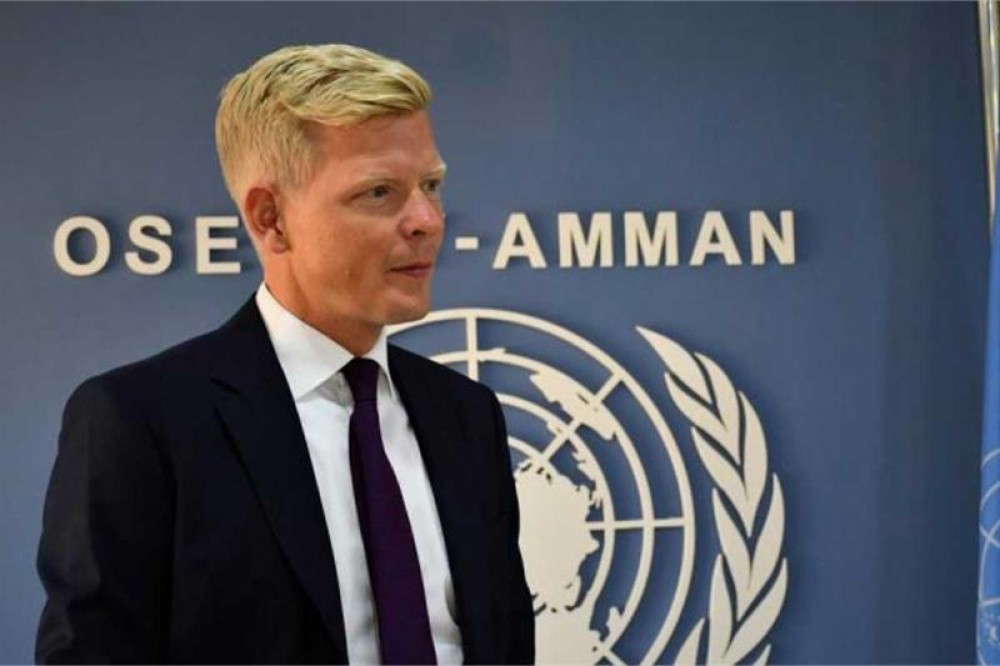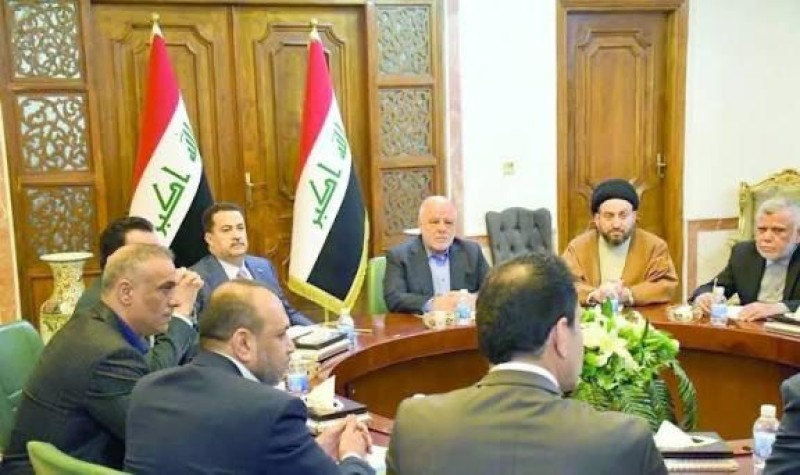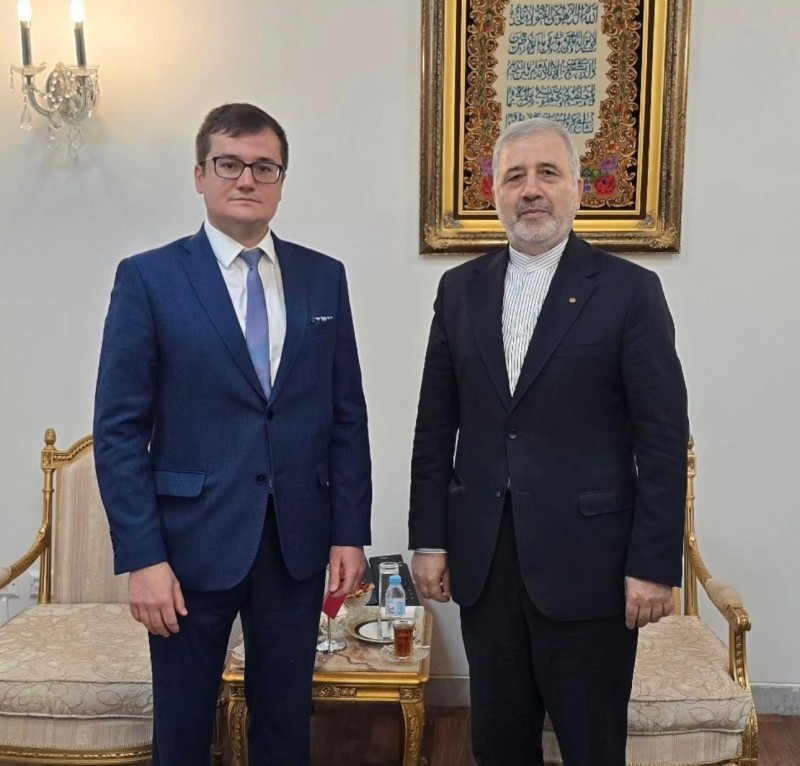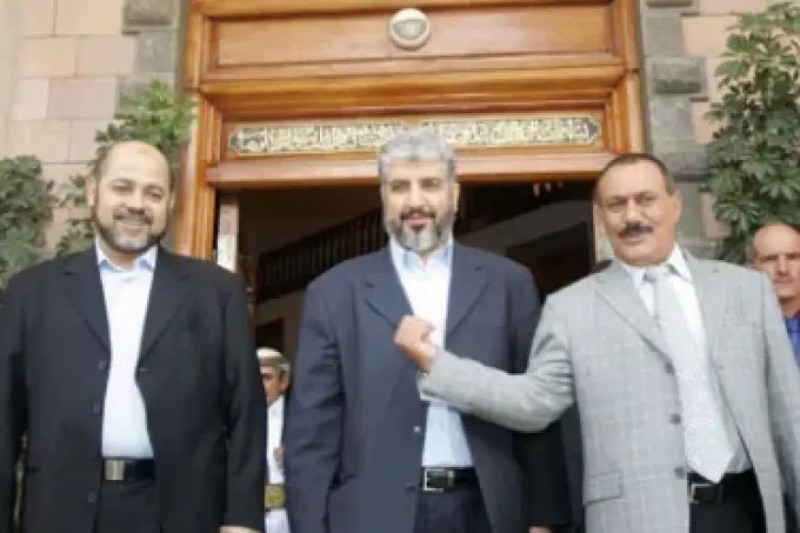Yemen : UN envoy cautiously optimistic warring parties will resume UN-led negotiations


The U.N. envoy for Yemen expressed “cautious optimism” that the country’s warring parties will return to U.N.-led negotiations to end their deadly eight-year conflict.
The conflict has claimed thousands of lives and further impoverished the Arab world’s poorest nation.
Grundberg said he was encouraged by positive and detailed discussions he had recently with officials from the government and the rebels, as well as with senior regional and Yemeni officials.
The parties “demonstrated an understanding of the immensity of what is at stake and displayed willingness to constructively engage on the way forward," he said.
“There is a clear determination on all sides to make progress towards a deal on humanitarian and economic measures, a permanent cease-fire, and the resumption of a Yemeni-led political process under U.N. auspices,” Grundberg said.
Yemen’s devastating conflict began in 2014, when the Iranian-backed Houthis seized the capital of Sanaa and much of northern Yemen and forced the government into exile. A Saudi-led coalition intervened in 2015 to try to restore the internationally recognized government to power.
Grundberg told the council that seven months after its expiration “the truce continues to deliver,” pointing to continuing commercial flights in and out of Sanaa and ships carrying fuel and other commercial goods arriving and leaving Yemen’s main port at Hodeida.
“While sporadic military incidents continue to occur, levels of hostilities are significantly lower than before the truce,” he said. “But the fragility of the military situation, the dire state of the economy and the daily challenges facing the Yemeni people provide us with constant reminders of why a more comprehensive agreement between the parties is so vital.”
Grundberg pointed to continuing reports of violence across frontlines in the provinces of Al Jawf, Taiz, Marib and Saada. He also mentioned restrictions on freedom of movement, especially in Houthi areas, and the government’s inability to export oil, which generated more than half its revenue last year, as examples of the fragility of the current situation. He said the situation underscores the need for a formal cease-fire.
“The cornerstone of an agreement on the way forward must be the resumption of a Yemeni-led political process under U.N. auspices to bring an end to the conflict,” Grundberg said, stressing that partial or temporary solutions can’t tackle Yemen’s myriad problems.

Baghdad — The Iraqi government announced the dismissal of several officials following controversy over the inclusion of Lebanon’s Hezbo…

Riyadh – The Russian Embassy announced that Russian envoy Kudrov met with his Iranian counterpart in Saudi Arabia to discuss the latest devel…

Sana’a – A leaked phone call between former Yemeni President Ali Abdullah Saleh and Hamas leader abroad Khaled Meshaal has revealed sha…